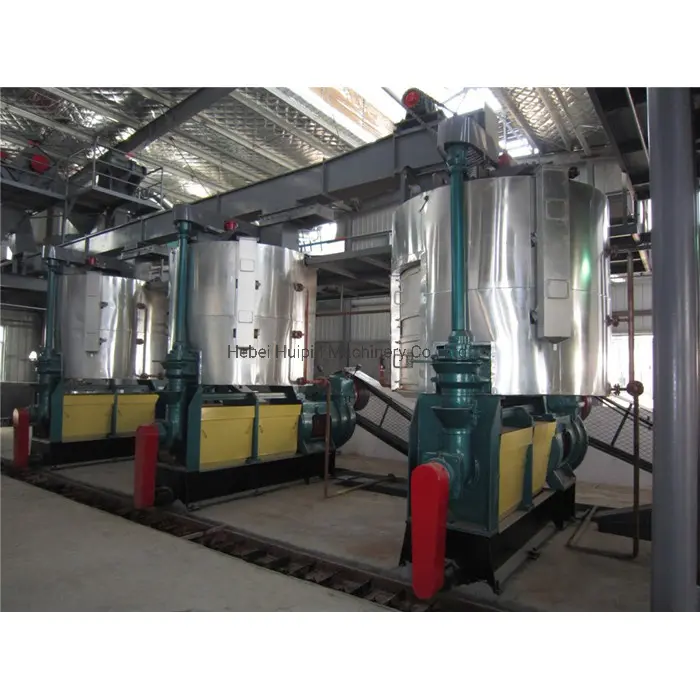Oct . 12, 2024 04:17 Back to list
black seed oil refining unit product
Black Seed Oil Refining Unit An Overview
Black seed oil, derived from the seeds of the Nigella sativa plant, has gained immense popularity due to its numerous health benefits. Known for its antioxidant, anti-inflammatory, and antimicrobial properties, black seed oil is often touted as a natural remedy for various ailments. As the demand for this oil continues to rise, the refining process becomes critical to ensure its quality and effectiveness. This article will explore the significance of a black seed oil refining unit and the processes involved in producing high-quality oil.
The refining of black seed oil is essential to remove impurities, enhance flavor, and improve shelf life. A well-designed refining unit typically operates through a series of processes, including degumming, neutralization, bleaching, and deodorization. Each step plays a vital role in ensuring that the final product maintains its beneficial properties and is safe for consumption.
1. Degumming The first step in the refining process involves removing phospholipids and other gums from the crude oil. These impurities can affect the oil's stability and can cause cloudiness. By treating the oil with hot water or acid, the gums can be separated and removed easily.
2. Neutralization Following degumming, the oil undergoes neutralization to eliminate free fatty acids, which can contribute to undesirable odors and flavors. An alkali solution, typically sodium hydroxide, is mixed with the oil, causing the fatty acids to bind with the alkali and precipitate out of the oil.
black seed oil refining unit product

3. Bleaching The bleaching process removes color pigments and further impurities, enhancing the visual appeal of the oil. This step involves the use of activated charcoal or bleaching earth, which adsorbs unwanted colors and compounds. The oil is then filtered to remove the bleaching agents alongside the absorbed impurities.
4. Deodorization Finally, deodorization is performed to eliminate any residual odors and to stabilize the oil. This process involves heating the oil under a vacuum, allowing volatile compounds responsible for foul smells to evaporate without compromising the oil's beneficial properties.
Investing in a sophisticated black seed oil refining unit is crucial for producers to meet market demands and maintain product quality. Modern refining techniques not only improve the oil's sensory attributes but also ensure compliance with health regulations. As consumers become more aware of the health benefits associated with black seed oil, manufacturers must uphold high standards throughout the refining process to provide a product that is both safe and effective.
In conclusion, the refining unit plays a pivotal role in transforming raw black seed oil into a high-quality product. By implementing advanced refining techniques, producers can enhance the oil's flavor, appearance, and shelf life while retaining its coveted health benefits. As the market for black seed oil continues to expand, the importance of efficient and effective refining processes cannot be overstated.
-
Top Food Oil Refined Unit Companies w/ GPT-4 Turbo Tech
NewsAug.01,2025
-
Premium Black Seed Oil Expeller - High Efficiency Cold Press Oil Machine
NewsJul.31,2025
-
Oil Processing Equipment - High-Efficiency Flaking Machine
NewsJul.25,2025
-
High-Efficiency Peanut Oil Refined Machine for Quality Oil Production Leading Exporters & Companies
NewsJul.08,2025
-
High Efficiency Sunflower Seed Oil Press – Leading Cooking Oil Press Machine Factories & Suppliers
NewsJul.08,2025
-
High-Efficiency Soybean Oil Press Machine – Leading Exporters & Reliable Companies
NewsJul.07,2025
